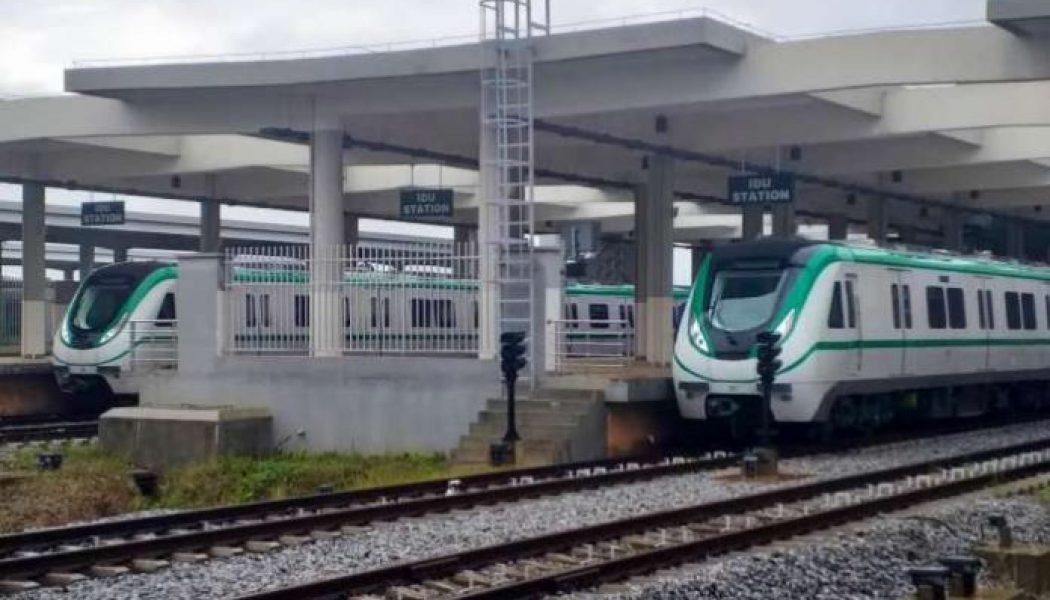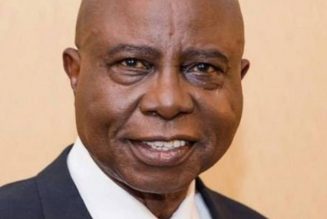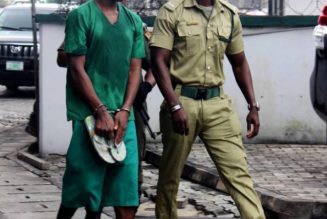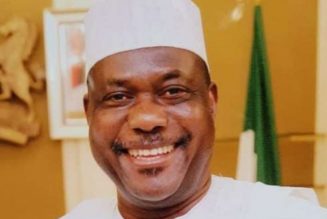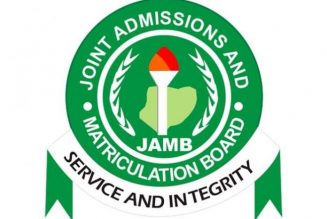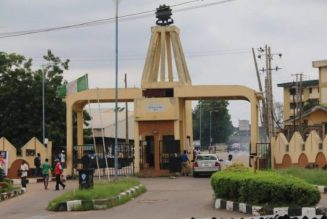
The governor of Kaduna state, Nasir el-Rufai, has urged the ministry of transportation to increase the frequency of trains plying the Abuja-Kaduna rail line.
The governor spoke on Thursday when Gbemisola Saraki, minister of state for transportation, and the management of the National Institute of Transport Technology (NITT) paid him a courtesy visit in Kaduna.
He said the increase will help to check overcrowding as the trains are “always fully booked”.
“There are areas of constraints with the COVID-19 pandemic, but I think that the way our figures are going down with the rollout of the vaccination, there are going to be far more movements within the country, and particularly on that route,” he said.
“So, we would like the ministry to consider increasing the frequencies and completing the protection of the rail line from cattle and humans, so that the trains can run at a faster rate.’’
Regarding the proposed light rail system in the state, el-Rufai said his administration will work with NITT on the feasibility studies.
He also said NITT will collaborate with the state government on traffic survey for the bus rapid transit (BRT) system which is already “in place and for which we have gotten credit offer from the French government to build”.
According to the governor, the survey is to verify the economic viability of such a project.
He promised to support the agency in the development of the national transportation data bank.
On her part, Saraki commended the Kaduna state government for its commitment to an effective transportation system by constructing good road networks across major LGAs.
“We are particularly grateful for approving the allocation of 80 hectares of land for the Jatropha plantation, for the production of bio-fuel, which is aimed at reducing the dependency on petroleum products,” she added.
“I must thank his excellency for approving research projects, such as registration of commercial vehicle drivers in Kaduna state, transport regulation and transport infrastructure facility as well as training of the state traffic officials to the institute.”
